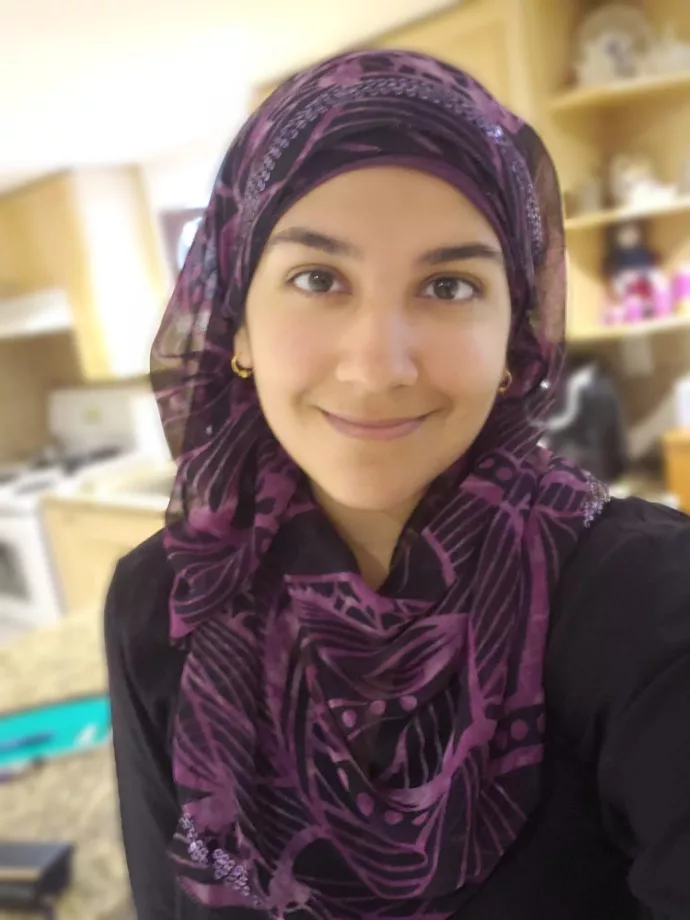Graduated: 2020
What was your MCS program of study?
My overall program of study was a Biomedical Physics Specialist with Chemistry and Math Minors.
What did you learn while at UTM?
4 years at UTM is a lot of life to think back on. If I were to distill those years into a few major points, I might include the following: how to solve problems; how much I love learning; what my limits are; what I liked (applied research) and disliked (coding, wet lab, theoretical work); how to collaborate with others; how to prioritize; how to take advantage of opportunities.
Can you share with us your career story to date?
I enrolled in a research competition in high school where I had the opportunity to do research in biophysics, leading me to the biophysics specialist undergraduate program at UTM. Over my four years, I did three other research projects in adjacent fields of biophysics.
Sometime in third year, I realized the specialist overlapped with mathematics and chemistry, so I added them as minors. I thoroughly enjoyed my math courses and began as a TA in the mathematics department, which I continue to do to this day.
In my final year, I happened to take a nuclear magnetic resonance (NMR) course and fell in love with it. This led me to apply for research in magnetic resonance imaging (MRI) in the Medical Biophysics master’s program at UofT.
I began in Dr. Giles Santyr’s lab in September 2020, one of a handful in the world that is developing contrast gas MRI methods to allow for the exploration of the pediatric lung. Honestly, at this point in time, I had no plans to do the PhD. However, since I started during the pandemic when it came time for me to decide whether to reclassify into the Ph.D. or graduate with a master's, reclassifying seemed like an obvious option for me as I did not feel like I learned everything I could from graduate school. At the time of writing this, I am in my 4th year PhD and on track to graduate on time.
Any advice on career planning and job search?
In academia, the currency to participate is curiosity. Ask yourself what you are curious about, and what you are good at. For academia, the intersection between your skills and your interests/curiosity is fuel for success.
As a graduate student, I don’t think graduate school can be planned for very early. Once you are knocking at its door, ask yourself: do I want to keep going? Burnout is very real in academia, so listen to yourself. I just took it one step at a time, asking if I felt satisfied with how much I learned or if I wanted to continue. So far, I have continued.
Can you share any industry insights?
I am still in graduate school. However, I did not know that the MRI industry was an option for me until I got to this level of study, and most of my industry connections are through my collaborators and conferences. Graduate school futures are not restricted to academia. There will always be exits towards industry, pathways you likely have never considered. Don’t feel like you can’t do both.
How can MCS students connect with you?
You can contact me by email: faiyza.alam@mail.utoronto.ca

